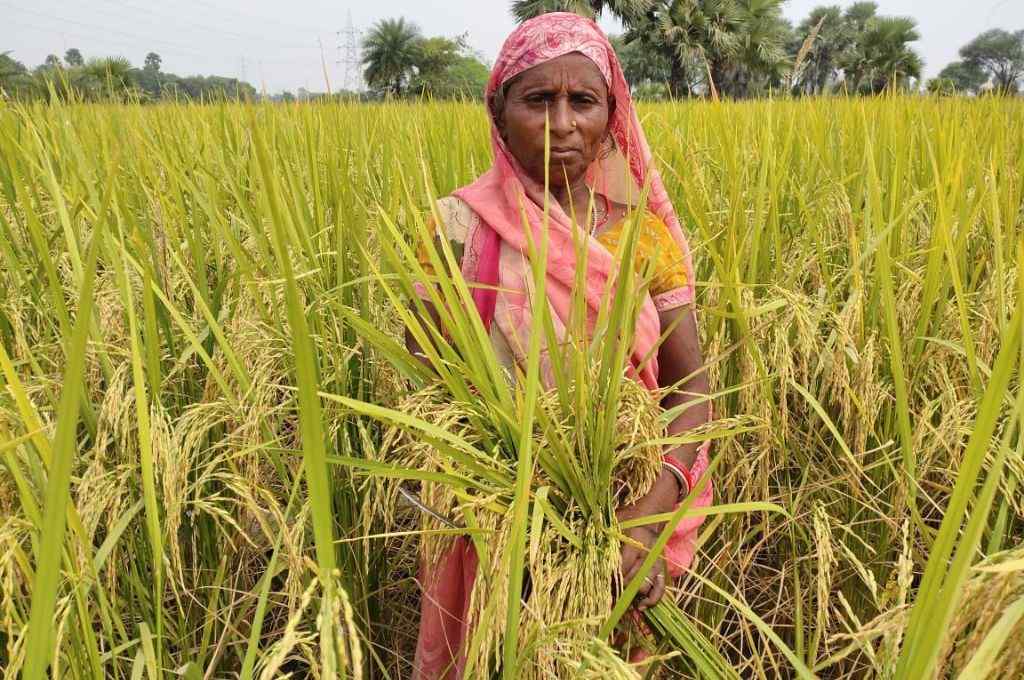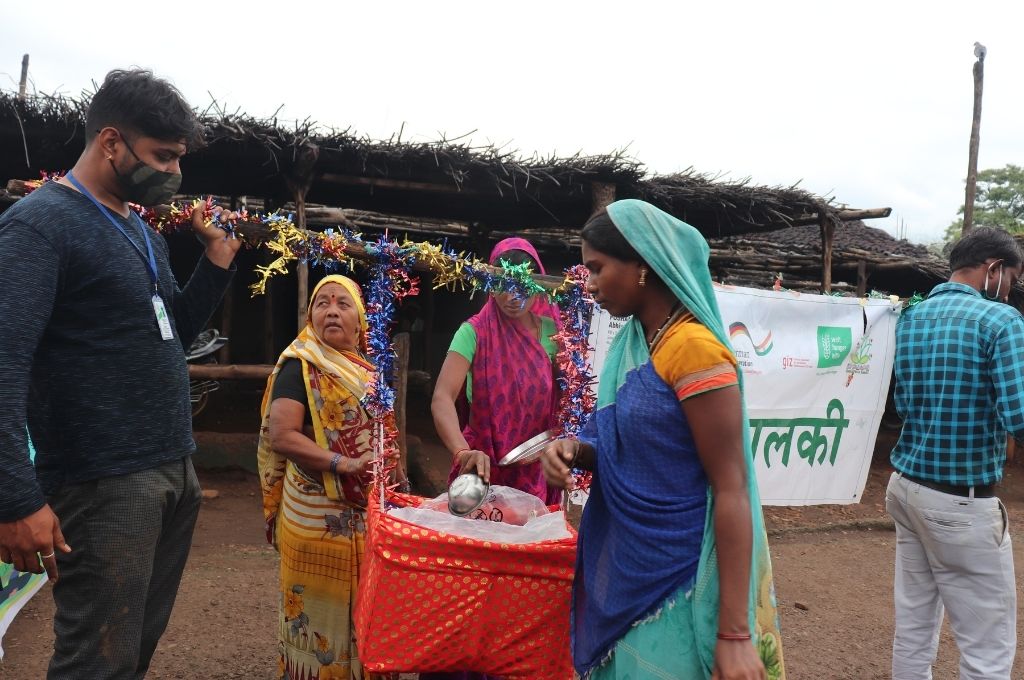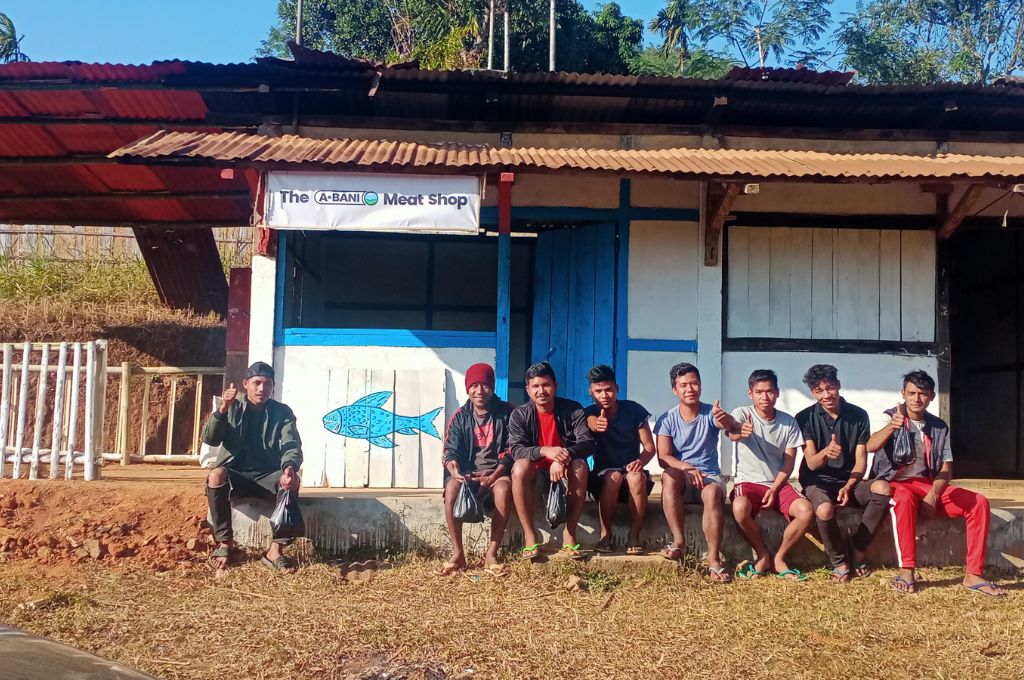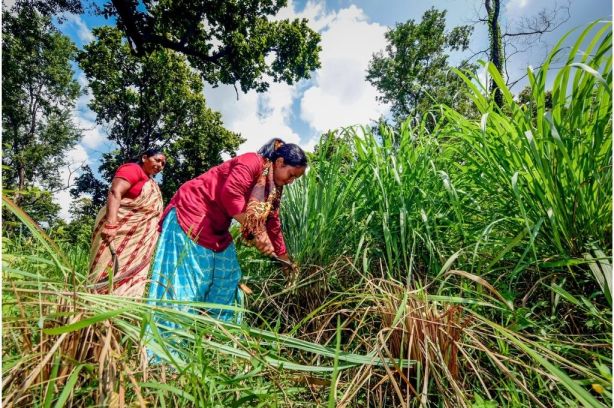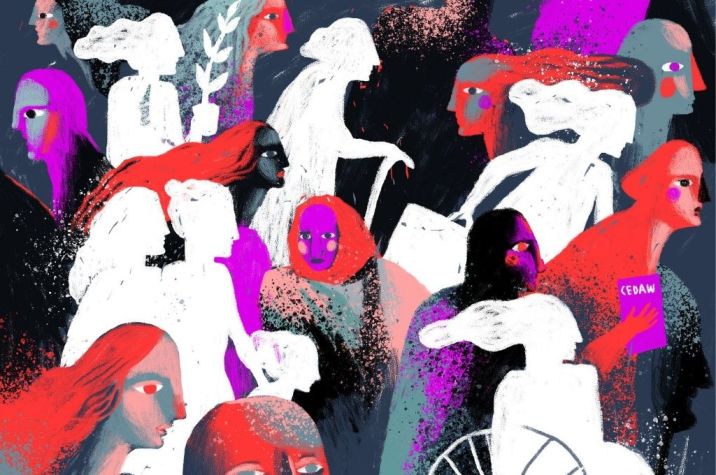Livelihoods for All

Ashoka’s Livelihoods for All Initiative in South Asia seeks to transform the livelihoods landscape by addressing rising inequality and exclusion and by fostering innovation and scalable programmes. It aims to catalyse synergies among ecosystem players by equipping them to become changemakers and contribute to systems change.
Articles
This special 14-part series has been supported by Ashoka. In partnership with IKEA Foundation, this series seeks to highlight lessons and insights on building resilient livelihoods. Livelihoods for All is one of the strategic focus areas for Ashoka in South Asia.
SUPPORTED BY ASHOKA
October 18, 2022
IDR Interviews | Bill Drayton
In this freewheeling conversation, Bill Drayton emphasises that everyone has the right, and ability, to be a giver. And in today’s world where everything is changing, everybody can, and must, be a changemaker.
SUPPORTED BY ASHOKA
May 10, 2022
Government partnerships: What makes them successful?
Nonprofits that work with the government must prioritise patience and perseverance as necessary skills in their partnerships.
SUPPORTED BY ASHOKA
March 10, 2022
Women farmers and the market: Can nonprofits bridge the gap?
What changes must nonprofits undertake if they want to build a market-led enterprise for women farmers?
SUPPORTED BY ASHOKA
December 17, 2021
A crisis is an opportunity to recognise women’s leadership
Prema Gopalan of SSP talks about the role of agriculture in building sustainable livelihoods and the need to build an ecosystem for women to take charge.
SUPPORTED BY ASHOKA
November 25, 2021
Building a disability-friendly workplace: Why includability matters
To go beyond the differences, leaders must focus on the commonalities between them and the person they are interacting with. To be an includable leader, one must do away with the us-versus-them narrative.
Load More

